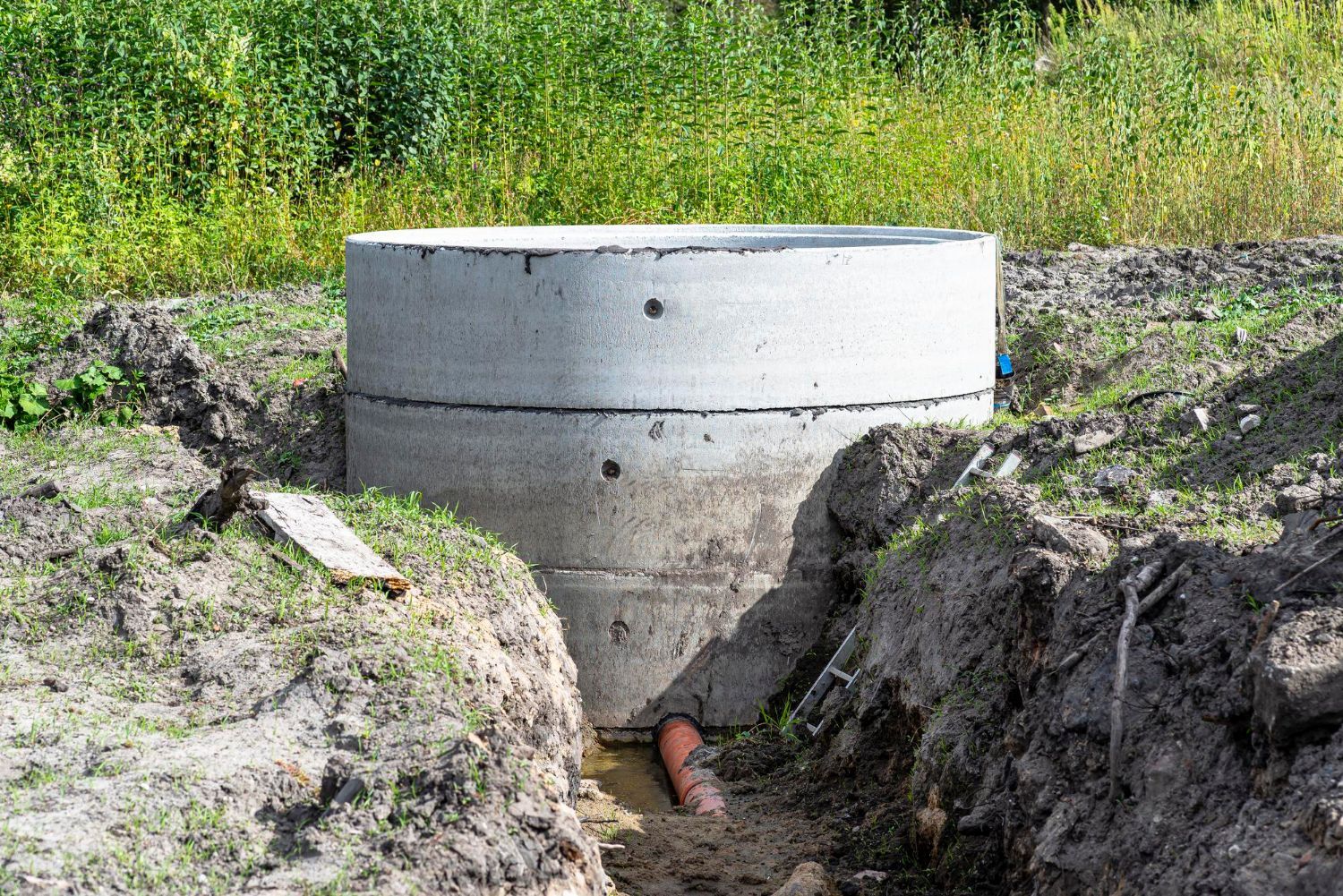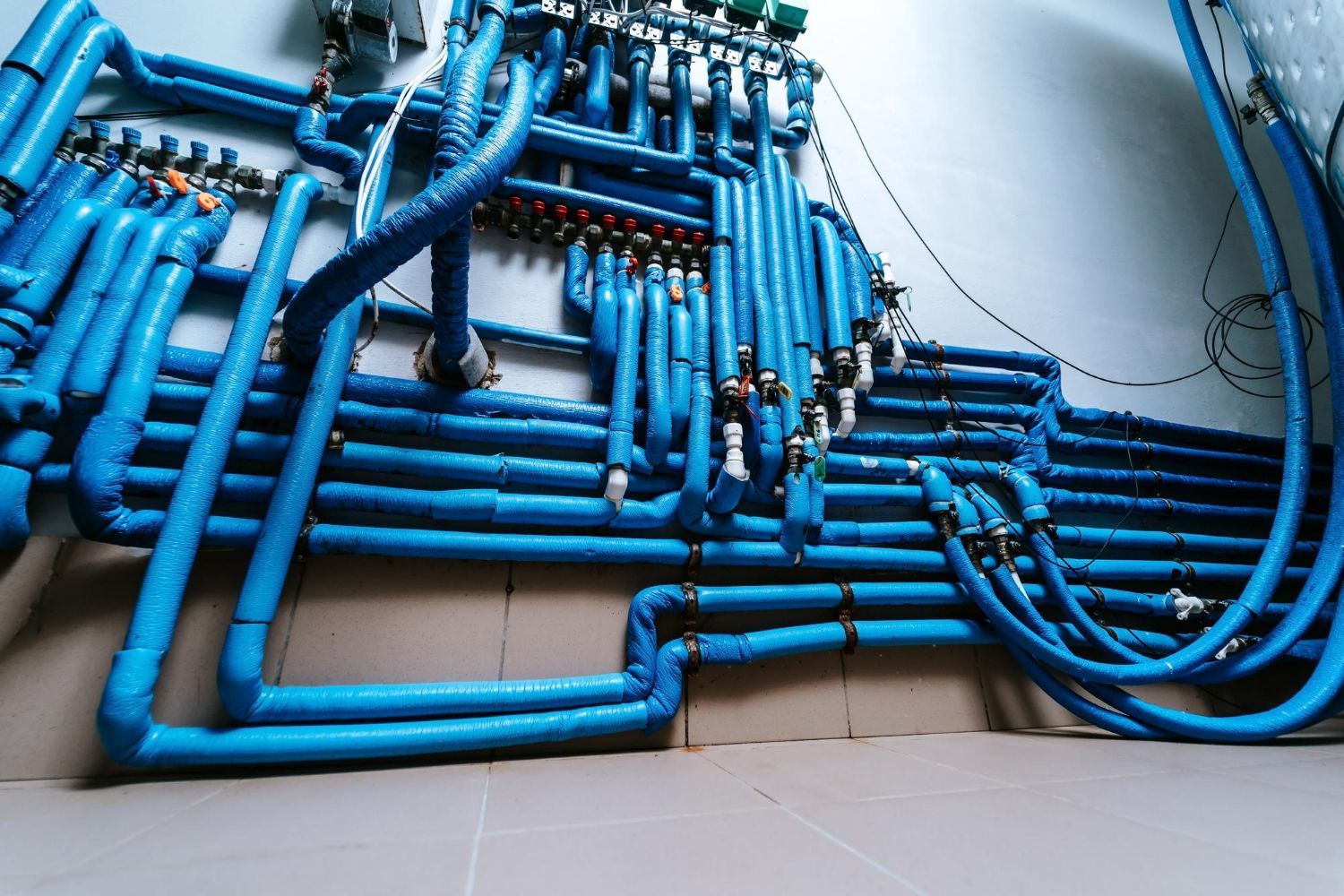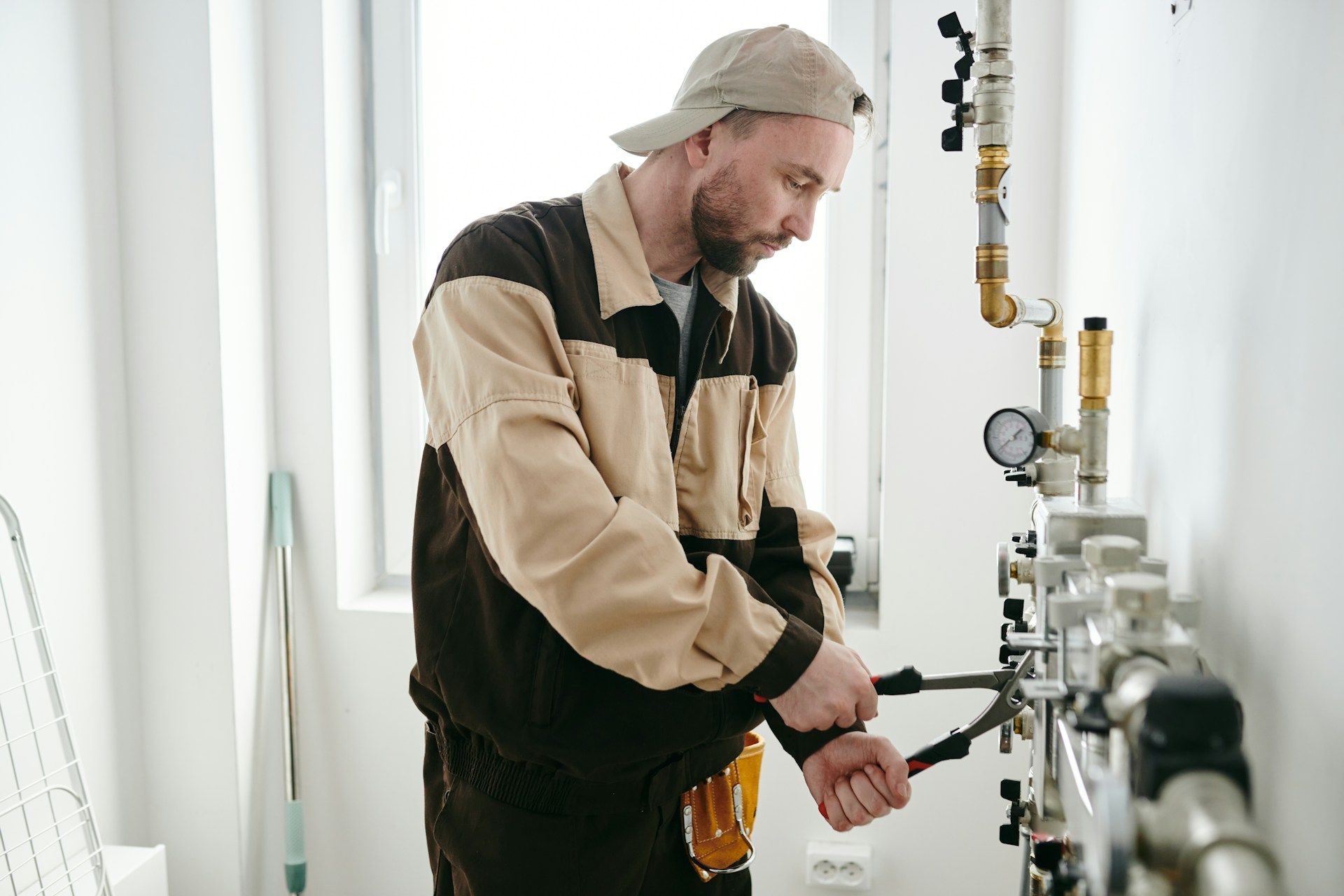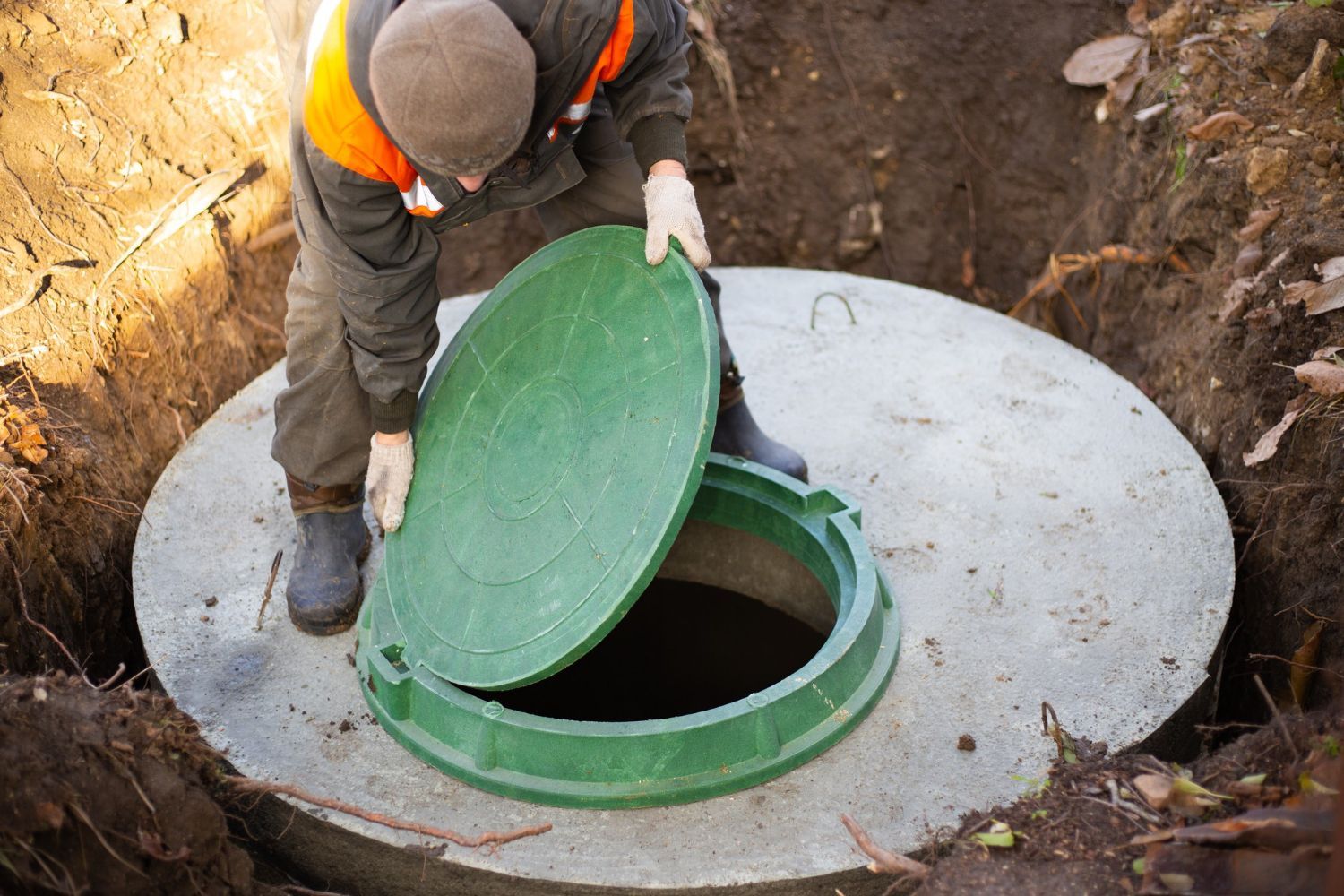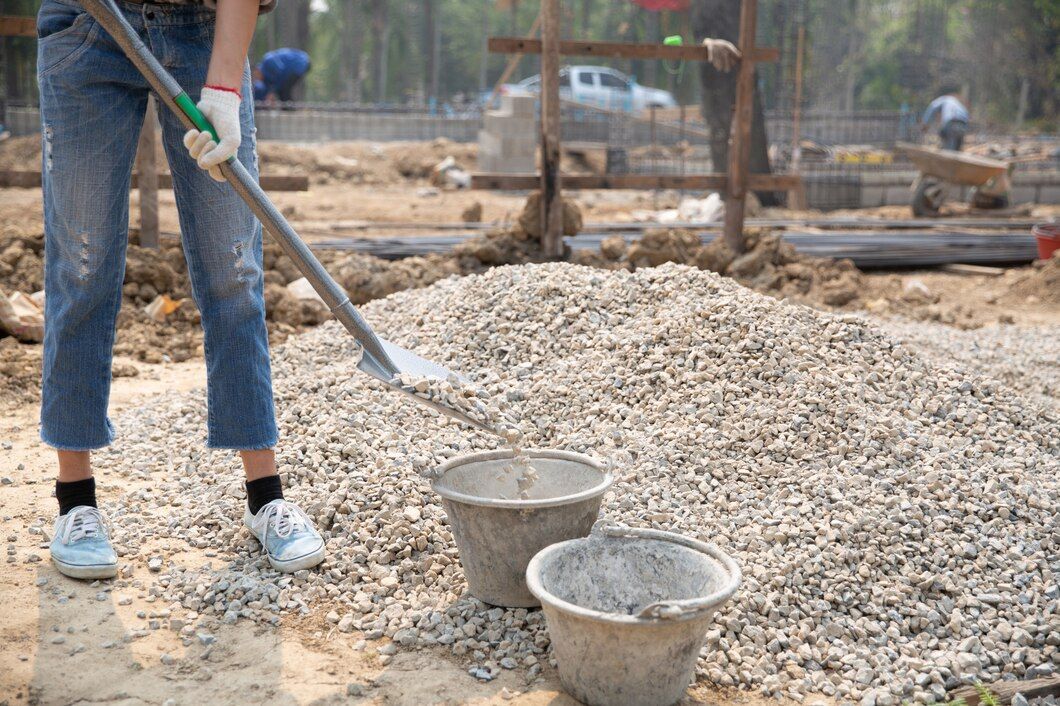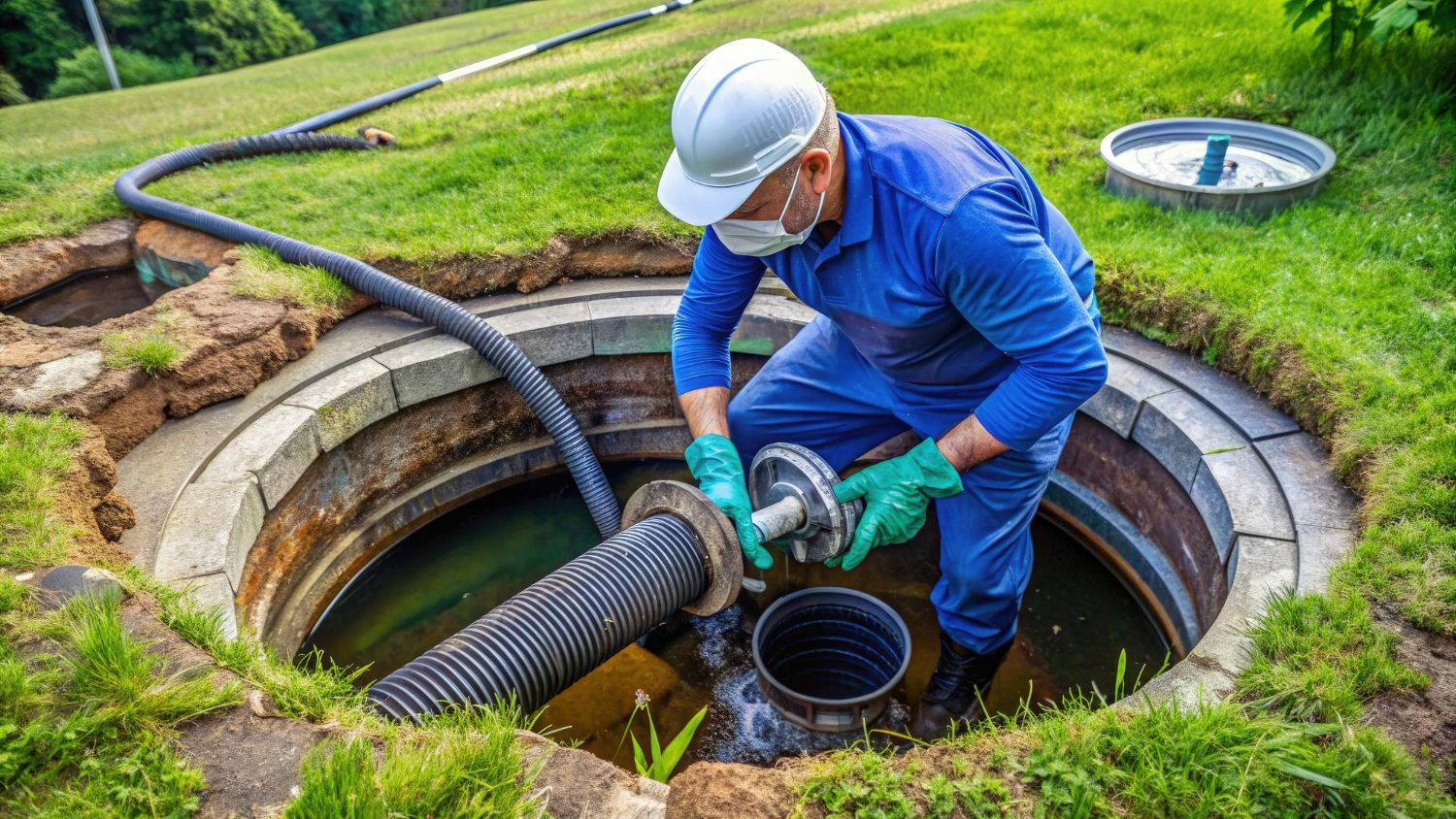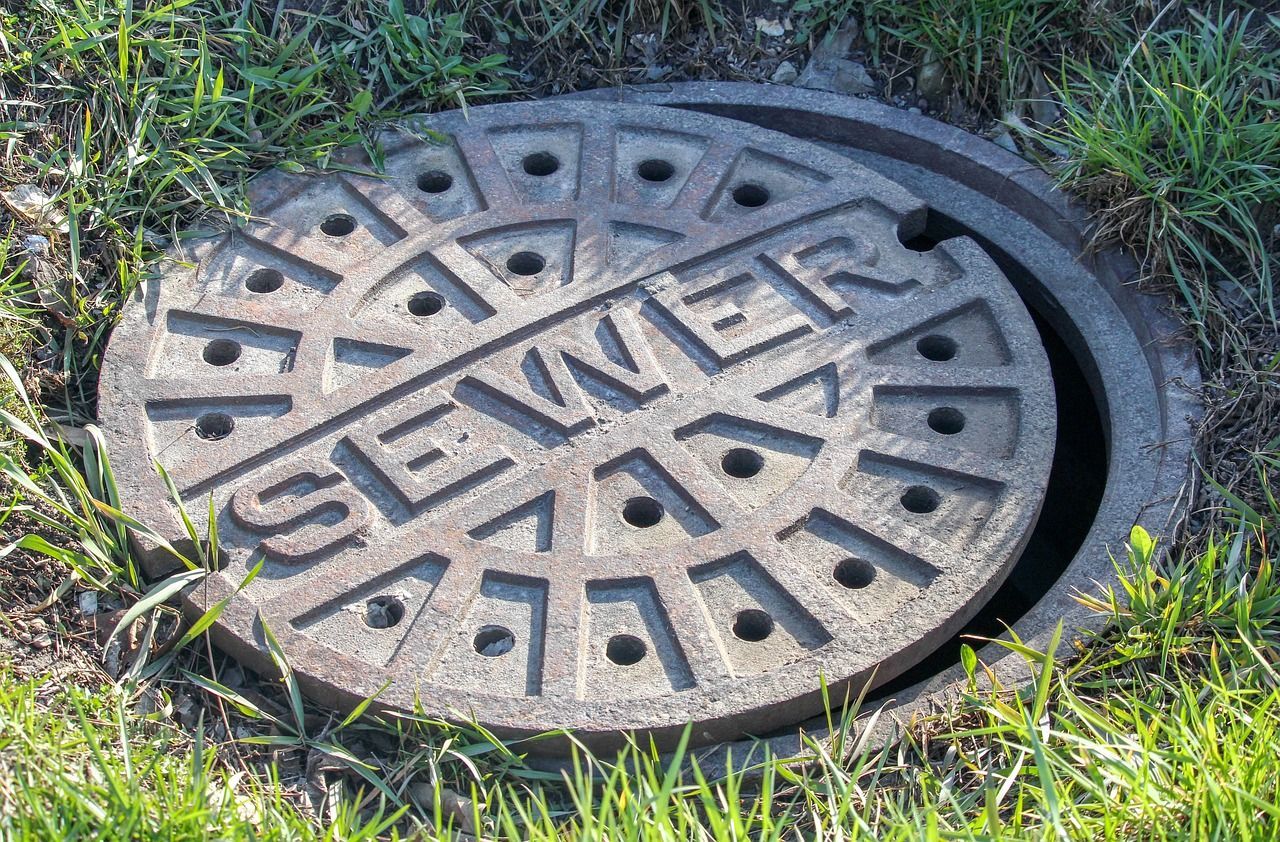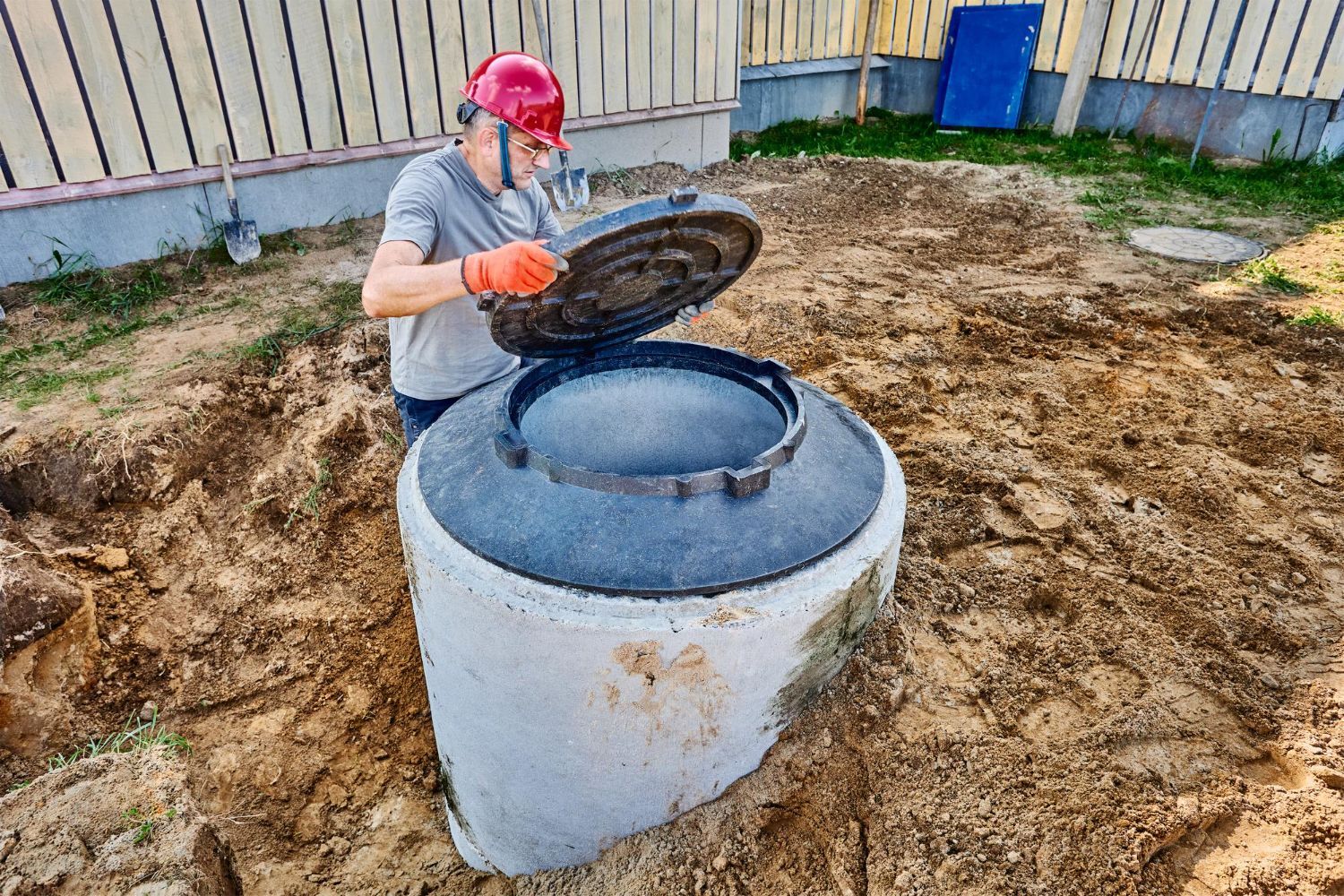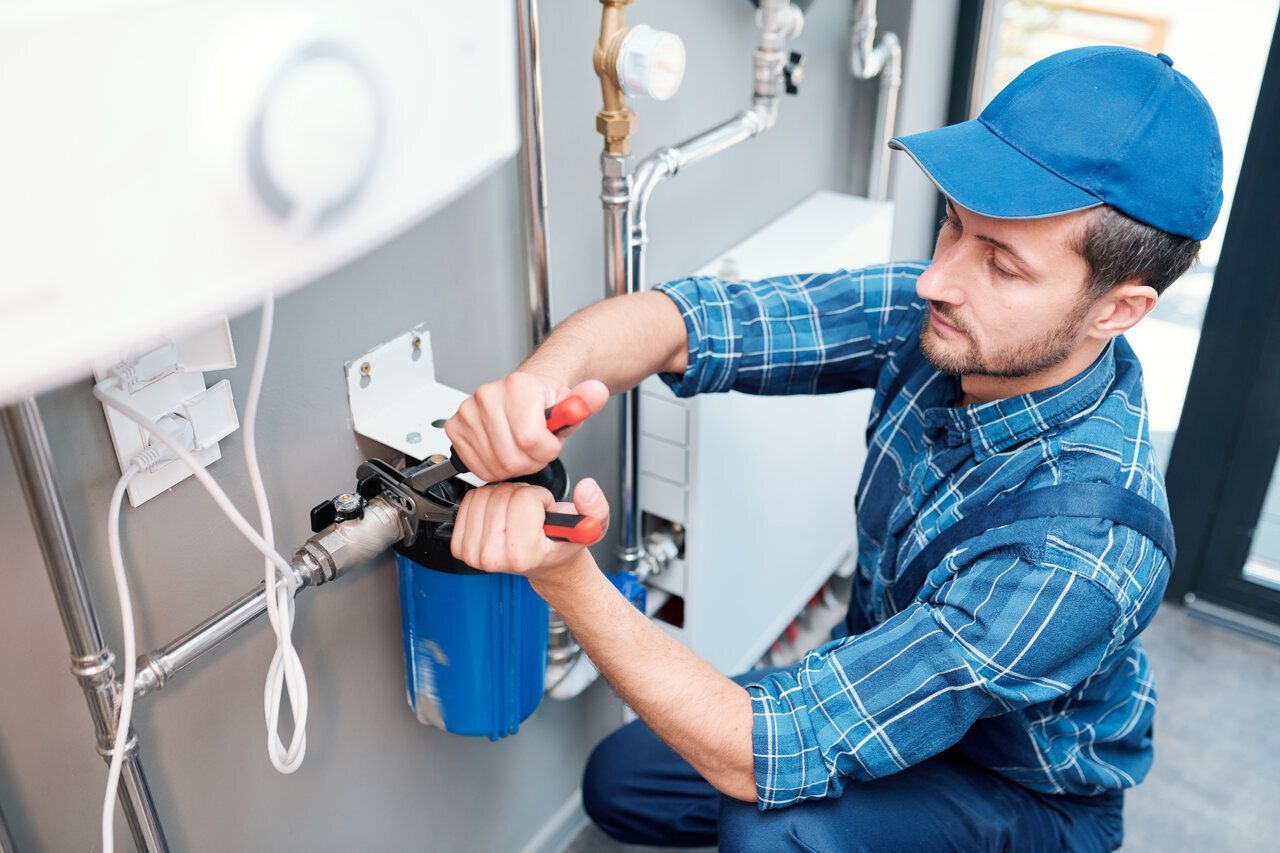Grease Traps in Commercial Kitchens: Environmental & Maintenance Benefits
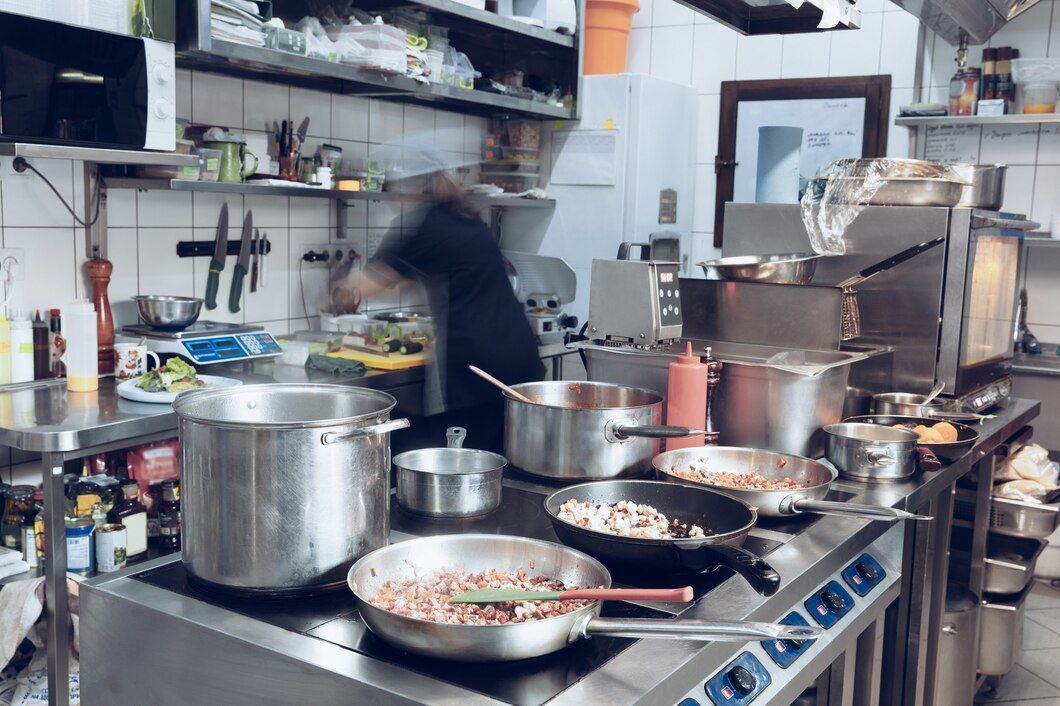
For commercial kitchens, including restaurants, cafes, and catering facilities, one crucial aspect of planning and maintaining an efficient kitchen is the installation and proper upkeep of grease traps. While most commercial kitchens are required by law to install grease traps to prevent fats, oils, and grease (FOG) from entering the local sewage system, these devices also play a critical role in protecting the environment and ensuring a clean and functional workspace. As experienced plumbing professionals, we understand the importance of grease traps in commercial kitchens and are committed to educating business owners on best practices for maintaining these essential devices.
In this informative article, we'll explore the fundamental functions of grease traps, discuss how they contribute to environmental protection, and outline best practices for regular maintenance to ensure optimal performance and a long service life. Our goal is to support commercial kitchen owners in creating an environmentally responsible and efficient workspace while minimizing the risk of costly and disruptive plumbing issues. By understanding the critical role grease traps play in the overall operation and maintenance of a commercial kitchen, you can make better-informed decisions on their installation, upkeep, and management.
So, whether you own or operate a restaurant, a cafe, a catering business, or any other commercial kitchen, our first-hand expertise and commitment to environmentally responsible plumbing solutions will help ensure that your kitchen remains efficient, safe, and sustainable for years to come. Join us as we delve into the fascinating world of grease traps and their role in safeguarding both commercial kitchens and our local ecosystems.
The Function of Grease Traps: Protecting Your Plumbing and the Environment
Grease traps, sometimes called grease interceptors, serve as a crucial line of defense for your plumbing system and the environment. Their primary function is to separate and collect fats, oils, and grease (FOG) from wastewater before it enters the local sewage system. Here's how they work:
- Separation Process: As wastewater from sinks and dishwashers flows into the grease trap, FOG, which is lighter than water, floats to the top and solidifies. Meanwhile, heavier solids sink to the bottom, allowing only water to flow through to the sewage system.
- Collection and Storage: The grease trap retains FOG and heavy solids in separate compartments, preventing them from entering and clogging local sewer lines, which can lead to backups, overflows, and costly repairs.
- Environmental Protection: By capturing and containing FOG, grease traps help protect surrounding ecosystems, reducing pollution and contamination of local waterways.
The Environmental Impact of FOG: Why Grease Traps Matter
Fats, oils, and grease, if not properly managed, can have severe consequences for both your plumbing system and the environment:
- Localized Plumbing Issues: FOG buildup can cause blockages and damage in both your pipes and municipal sewer lines, leading to costly repairs, fines, and potential health and safety risks.
- Strain on Wastewater Treatment Facilities: When FOG enters the local sewage system, it can overwhelm wastewater treatment facilities, hindering their ability to process and purify water effectively.
- Water Contamination and Ecosystem Damage: FOG pollution can harm aquatic life, disrupt ecosystems, and contaminate local water supplies, posing risks to human health and the environment.
- Carbon Emissions: The production and improper disposal of FOG can contribute to greenhouse gas emissions, exacerbating climate change and its associated impacts.
Given these significant consequences, investing in properly functioning grease traps and regular maintenance is essential for any responsible commercial kitchen.
Grease Trap Maintenance: Best Practices for Optimal Performance
Regular maintenance of your grease trap is crucial for its optimal performance and longevity. Here are some best practices to follow:
- Frequent Inspections: Routinely check your grease trap for signs of wear and tear, damage, or improper function. If you suspect any issues, consult with a professional plumber for a thorough examination.
- Scheduled Cleaning: The frequency of grease trap cleanings depends on the volume of FOG produced daily and your local regulations. In general, it's advised to have your grease trap cleaned at least once every one to four months.
- Proper Disposal of FOG Waste: Store accumulated FOG in a designated container and dispose of it according to your local laws and regulations. Many areas offer recycling options for repurposing FOG into biogas, biodiesel, or other sustainable resources.
- Keep Records: Maintain a log of all grease trap inspections, cleanings, and repairs. This documentation can help ensure compliance with local regulations and allow you to track any recurring issues or trends in your grease trap's performance.
By adhering to these best practices, you can minimize the risk of plumbing problems and ensure your commercial kitchen remains environmentally responsible and efficient.
Partnering with Professional Plumbers for Grease Trap Services
Hiring an experienced plumbing company can make all the difference in maintaining your grease trap, as they provide a range of essential services, including:
- Expert Installation: A professional plumber can help ensure proper grease trap sizing, placement, and installation to facilitate efficient operation and compliance with local codes.
- Routine Cleanings and Inspections: Regular cleanings performed by professionals guarantee your grease trap functions at peak efficiency, preventing costly plumbing issues and environmental harm.
- Repairs and Replacements: In the event of damage or malfunction, a professional plumbing service can quickly diagnose and address the problem, minimizing downtime in your commercial kitchen.
- Regulatory Compliance: Partnering with a reliable plumbing company can help you stay updated on changes or updates to local regulations, ensuring your grease trap remains compliant and performs optimally.
Grease Traps for an Environmentally Friendly Commercial Kitchen
Grease traps play an essential role in protecting your commercial kitchen's plumbing system and the environment from FOG-related damage and pollution. Recognizing the environmental impact of FOG and implementing proper grease trap maintenance practices can help your business remain responsible, efficient, and sustainable.
To ensure your grease trap functions optimally, consider partnering with our experienced
plumbers in Keyport, NJ for professional guidance, installation, maintenance, and repair services. We're committed to providing environmentally responsible plumbing solutions for your commercial kitchen, helping you protect your business, your customers, and the world around us.

